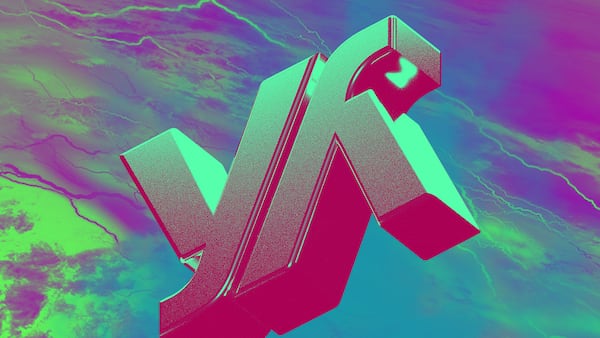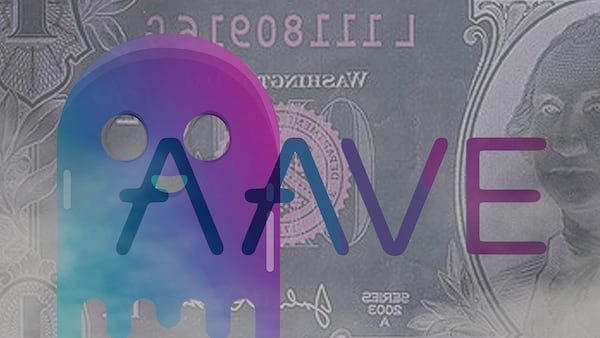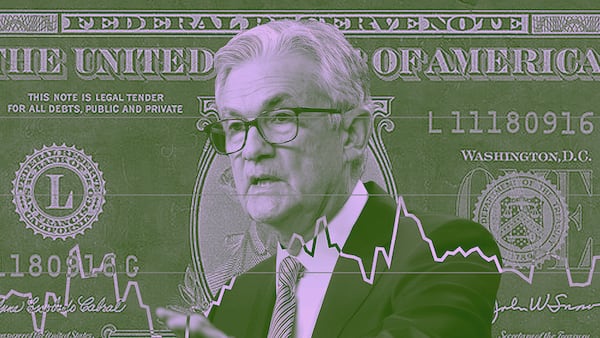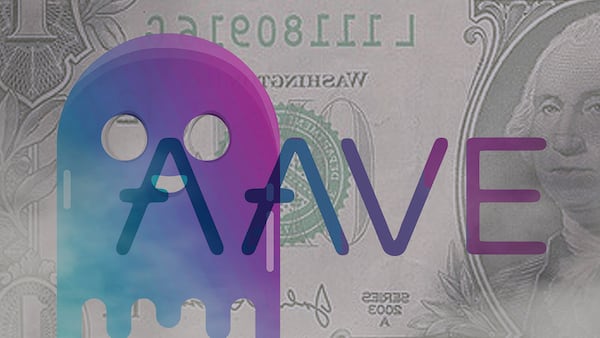- DeFi risk manager Morpho will become a "risk curator" on Morpho.
- Morpho recently launched a lending protocol that will compete directly with DeFi lending stalwarts Compound and Aave.
- The move comes less than a week after Gauntlet said it will soon end its four-year relationship with Aave.
Less than a week after saying it will end its often contentious partnership with DeFi lending giant Aave, crypto risk management firm Gauntlet has teamed up with Morpho, a competing lending protocol.
Last month, Morpho released a protocol that allows experts in risk management to create — and profit from — their own lending-and-borrowing pools, which Morpho calls “vaults.”
While other prominent firms have already declared their intention to create bespoke vaults, Gauntlet, once valued at $1 billion, is among the largest.
Morpho founder Paul Frambot said it is a major step in a paradigm shift underway in decentralised finance. There is a move from protocols actively managed by digital cooperatives called DAOs, and an army of well-paid consultants.
Instead, some developers are building simpler protocols that effectively outsource complexity. That lets users customise their own experience.
Other examples include a forthcoming version of Uniswap, the decentralised exchange, and stablecoin issuer MakerDAO, whose founder is pushing for an overhaul that will see the cooperative split management among several narrowly tailored “sub-DAOs” with limited ability to modify the core protocol.
The move comes amid tension with members of Aave DAO, the cooperative that governs the Aave protocol.
Only two months after negotiating a one-year, $1.6 million contract with Aave DAO, Gauntlet COO and co-founder John Morrow said last week the firm will soon end its four-year relationship with the cooperative, citing “inconsistent guidelines and unwritten objectives.”
Meanwhile, an Aave delegate recently put forward a proposal that would effectively pay Morpho users to move to Aave, calling Morpho’s “optimiser” product a “leech” that “provides zero benefits and steals potential revenue at the scale of millions per year.”
Frambot has defended Morpho on X and in an interview Monday with DL News.
“There is no clear answer to whether it’s parasitic or symbiotic,” he said. “However, when you look at the data, we made them a bunch of money.”
Morpho Blue
Since its inception, DeFi lending has been dominated by two protocols — Aave and Compound — that operate similarly to one another.
Launched in 2022, Morpho “optimisers” close the spread between the price of lending and the price of borrowing on Aave and Compound by matching users peer-to-peer when possible.
Morpho is now the fourth-largest lending protocol on the Ethereum blockchain in terms of the value of its crypto deposits, and the third-largest in terms of crypto borrowed. It surpassed Compound earlier this month.
In January, Morpho launched a direct competitor to both Aave and Compound: its own lending protocol, dubbed Morpho Blue.
Whereas lending protocols typically manage risk on users’ behalf with help from consultants like Gauntlet, Morpho Blue will let those experts create their own lending-and-borrowing vaults.
“Anyone can come and build on top, which means that you can recreate exactly Aave V3 on top of Morpho Blue,” Frambot said. “But that would be one specific use case on top of Morpho Blue. You could also do Compound, you could do Spark, you could do Flux, you can do SEC-registered [vaults].”
‘Commoditise the Gauntlets’
This would both save Morpho money it would otherwise spend on consultants, while giving the project a potentially lucrative new opportunity in which it can put its expertise into practice managing user money directly.
“It’s a shift in business model for them,” Frambot said. “All those risk managers in the space are looking for ways to scale their business.”
Gauntlet works with several major DeFi protocols, including Uniswap, Compound, and EigenLayer. It is still in the process of unwinding its partnership with Aave DAO, according to Nick Cannon, the company’s vice president of growth.
In its four years serving as an independent risk manager to Aave DAO, Gauntlet has clashed with Aave stakeholders numerous times.
Gauntlet’s contract renewal was no exception: When the contract came up for renewal in November, some members of Aave DAO questioned Gauntlet’s work for Morpho.
“For the ACI, moonlighting for direct competition is unacceptable behavior,” longtime Aave contributor Marc Zeller said in Aave’s governance forum, in an apparent reference to Morpho, according to Cannon.
“Gauntlet accepted work for a protocol designed to compete directly with the Aave DAO. We consider this fact alone as solid ground to launch an immediate ARFC to cut the Gauntlet stream and fire them on the spot.”
Another contributor, Matthew Graham of TokenLogic, asked how Gauntlet would “ensure the learnings from Aave and Compound are not directly incorporated into Morpho v2″ given the firm’s “level of involvement at both Compound and Aave.”
Cannon said Aave DAO members were “asking for exclusivity without paying for it.”
“No other service provider including those in the Risk category are held to that same exclusivity,” he added.
In a volatile, 24/7 market like crypto, recommendations regarding lending and borrowing parameters can become stale quickly.
“We have a main line into tuning the [lending and borrowing] parameters, a lot of which are quite similar to what we’ve historically done,” Cannon said.
“You want to be able to capture capital efficiency when the times are good, and the market is healthy. That’s tough to do with a multi-day governance cycle.”
Gauntlet’s first vaults will likely launch within two weeks, said Cannon.
“[We] want to be sure to curate vaults that are underserved either by risk parameters or specific markets,” he said.
Although Morpho Blue presents a new opportunity for companies like Gauntlet, it will also create a more competitive landscape, Cannon said.
“They’re trying to commoditise the Gauntlets of the world,” he said, referring to risk management firms like his.
Aleks Gilbert is a New York based reporter covering DeFi. Got a tip? Email him at aleks@dlnews.com.









